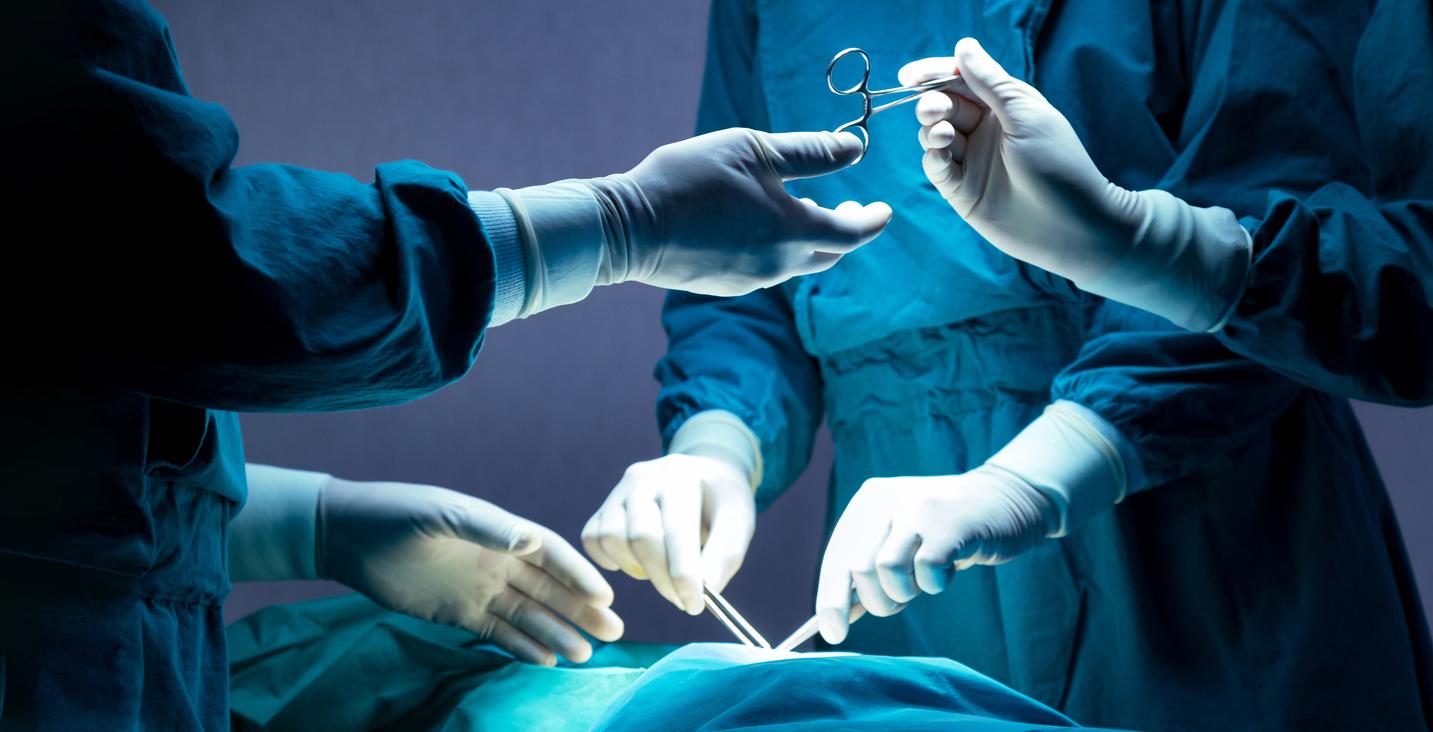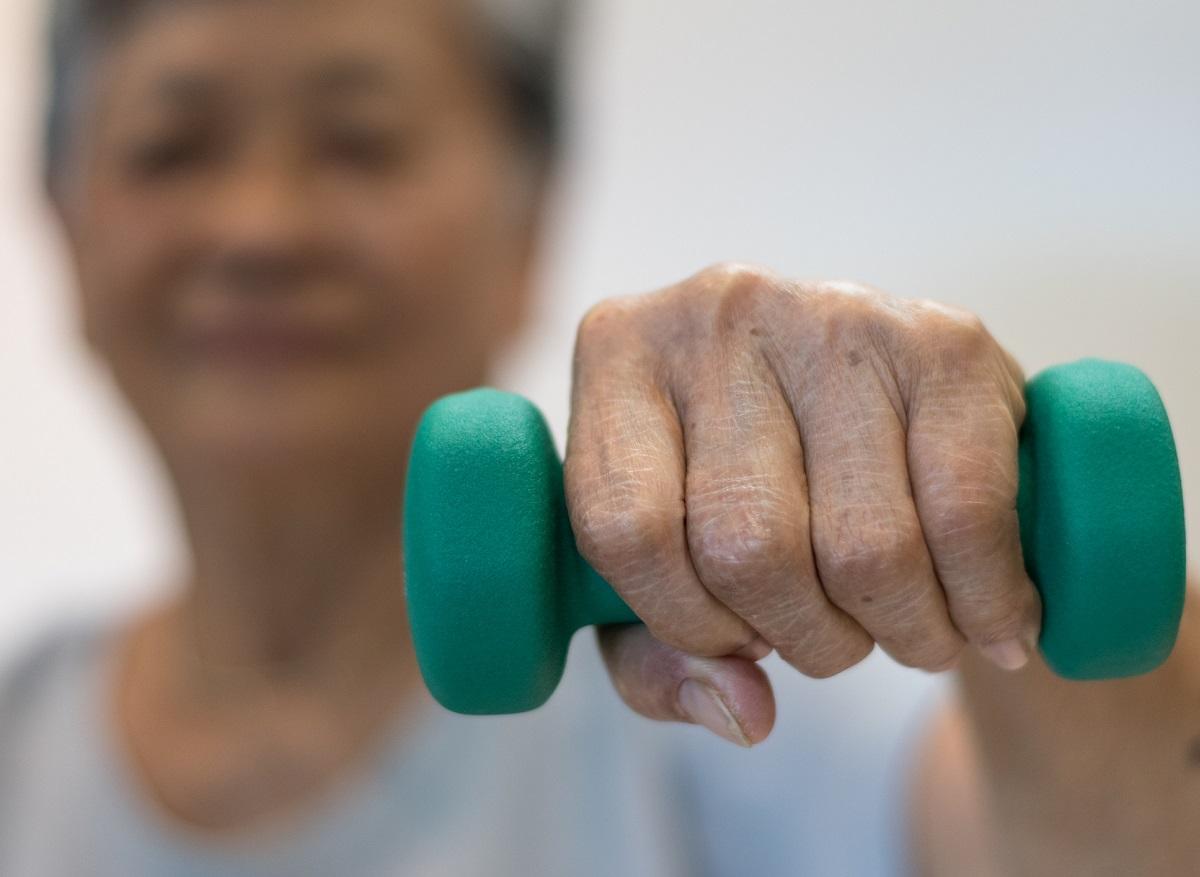To improve the recovery of patients who have undergone major surgery, it would be necessary to set up new experiments, according to a press release from the High Authority for Health. Tested and validated by Denmark in the 1990s, “enhanced recovery after surgery” (RAAC) programs allow better recovery and recovery of patients.
French health authorities have set up tests to test the “enhanced recovery after surgery” (RAAC) programs on the reconstruction of patients after major surgery.
The findings showed that these methods reduced the average length of stay for colorectal surgery by approximately 4.5 days (11 days versus 15.5) and by 3 days for hip and knee surgery (6 days against 9). “While these programs currently only concern certain specialties, they should eventually be applicable to all surgical patients and to all operations”, explains the HAS in its press release.
As a result of these conclusive results, the Haute Autorité de Santé publishes a report of recommendations for the implementation of these therapeutic solutions.
HAS recommendations for better patient recovery
“To improve convalescence, it is not enough to ensure the quality and safety of the surgical act. Actions – often very simple – must also be carried out at each stage of care, well before the patient enters the hospital and until he returns to his home, ”recalls the HAS.
The three key points of the recommendations are:
1: preparing patients for their operation:
2: the choice during the operation of the least invasive anesthesia possible
3: promote and stimulate the patient’s autonomy as quickly as possible
It is necessary “to develop transversal functioning between professionals from different disciplines, to guarantee coordination with city medicine and to adapt the organization of the establishment. For each surgical operation, care protocols must be defined to take into account the specificities of the pathology and the surgical intervention”.
Read also:
8 out of 10 French people satisfied with their hospitals
Surgery: should you avoid having surgery on weekends?
Ambulatory surgery: 4 new possible interventions
















